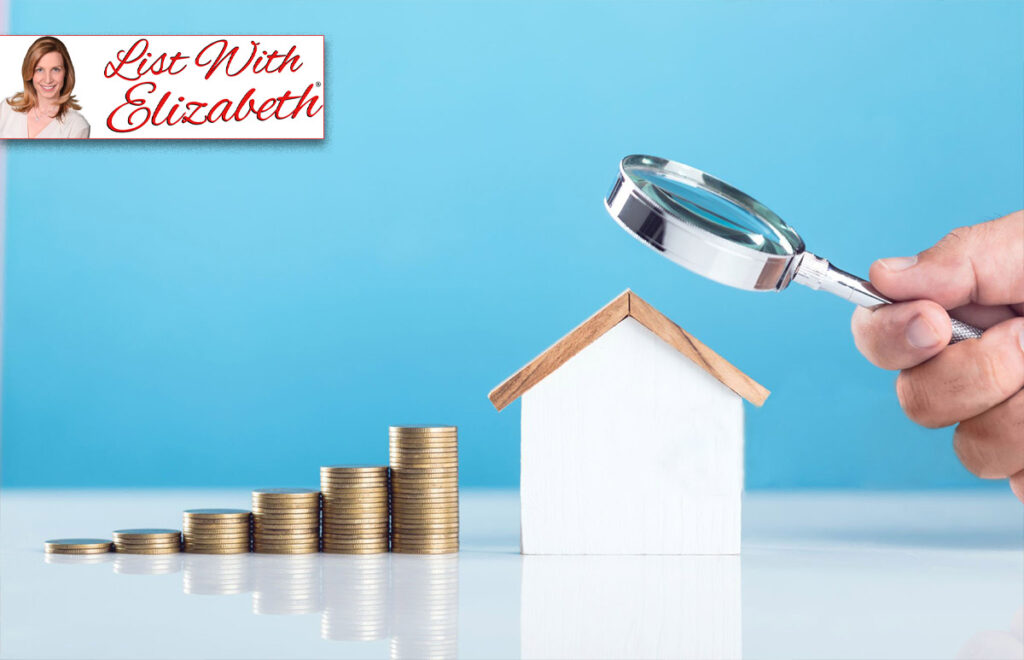Whether you’re thinking about selling, refinancing, or just curious about your investment, knowing the value of your home is essential. A reliable home value lookup can give you insights into your equity, market positioning, and financial potential.
But all estimates aren’t equal. In this book, we’ll simplify the tools, tactics, and professional services that can assist you in determining your home’s accurate market value—along with when and why you need to know.
Why Your Home’s Value Matters
Knowing the worth of your home is more than mere curiosity. It directly impacts many money decisions:
Selling your home: Price competitively and get the highest sale
Refinancing: Increased valuation can result in reduced rates or more favorable terms
Home equity loans / HELOCs: Lenders need proper value to approve
Property taxes: Fight overassessments with strong valuation information
Investment planning: Measure appreciation or depreciation over time
No matter if you’re preparing for your next step or taking care of wealth, understanding your home’s value is important to making intelligent, well-informed decisions.
Principal Means to Search Up Home Value
1.Online Home Value Estimators (AVMs)
utomated Valuation Models (AVMs) are digital tools that use public records, recent sales data, and algorithms to estimate your home’s value.
Advantages:
Fast, no charge, and readily accessible
Suitable for general reference or comparison to the market
Disadvantages:
Accuracy greatly differs by location
May exclude recent improvements, condition, or neighborhood changes
Can be tens of thousands off in active or unusual markets
Best use: Beginning point for exploration or general research—not for selling your home on your own.
2.Comparative Market Analysis (CMA)
A CMA is a customized report created by a licensed real estate professional. It is a comparison of your property to recently sold comparable properties in your neighborhood (known as “comps”).
Pros:
Reflects local market forces
Considers upgrades, floor plan, and condition
Free if performed by a qualified agent
Cons:
Less accurate if few comps exist
Not a formal appraisal (lenders won’t consider it)
Best use: Pre-listing preparation or confirming online estimates.
3.Professional Home Appraisal
A home appraisal is done by a certified, licensed appraiser—usually required by lenders in the case of a refinance or purchase.
Advantages:
Most accurate and objective valuation
Required for mortgage refinancing and home equity loans
Considers condition, layout, upgrades, and market data
Disadvantages:
Costs $300–$600+
Can take 3–7 days to schedule and complete
Best use: When accuracy is critical, such as refinancing, selling, or securing a loan.
What Influences Your Home’s Value?
Many factors affect a property’s market value—some obvious, some less so:
| Factor | How It Affects Value |
|---|---|
| Location | School districts, crime rates, amenities, walkability |
| Size & Layout | Square footage, usable space, number of bedrooms/bathrooms |
| Age & Condition | Newer or recently updated homes command higher value |
| Comparable Sales | Nearby homes sold within the last 3–6 months |
| Upgrades & Renovations | Kitchens, bathrooms, windows, HVAC, energy-efficient features |
| Curb Appeal | Landscaping, exterior condition, first impressions |
| Market Conditions | Interest rates, inventory, buyer demand |
How to Conduct a Smart Home Value Lookup (Step-by-Step)
Begin with an Online Estimate
Use sites such as Zillow or Redfin to take a rough guess and look at comps nearby.
Compare Recent Sales
Examine comparable homes within your area (same size, age, and condition).
Request a CMA from a Local Expert
A local expert real estate agent will provide a more specific estimate.
Order an Appraisal (if required)
For equity loans or refinancing, a professional appraiser gives the official figure.
Factor in Upgrades or Needed Repairs
Modify your estimate higher or lower depending on condition, recent upgrades, or delayed maintenance.
When to Look Up Your Home’s Value?
You should look up a home value when:
You’re selling or leasing out your home
You’re refinance or HELOC-ing
You’re appealing your property tax appraisal
You’re undertaking large renovations or upgrades
You’re monitoring your net worth or real estate portfolio
You just want to remain aware of your largest asset
How to Strategically Boost Your Home’s Value
Prior to listing or refinancing, there are a few savvy updates that will increase your home’s value:
Renovate kitchens and bathrooms (high ROI zones)
Paint and update curb appeal
Update lighting and fixtures
Install energy-efficient upgrades (windows, HVAC, insulation)
Declutter, deep clean, and stage homes for showings
Consult a local agent or consultant on which updates are most important in your market.
Final Insight: Look Up with Purpose, Not Just Curiosity
Getting a quick home value check is a good starting point, but further research and local know-how will provide more insight. Having your home’s true value makes you the boss—you can buy, sell, borrow, or plan your next step in command.
If you’re looking for customized information and a local expert market analysis, speak with a local specialist such as Elizabeth Ann Kline, who provides reliable advice and precise home appraisals specific to your location and situation.
Your home is your biggest asset—ensure that you understand what it’s worth.



Leave a Reply